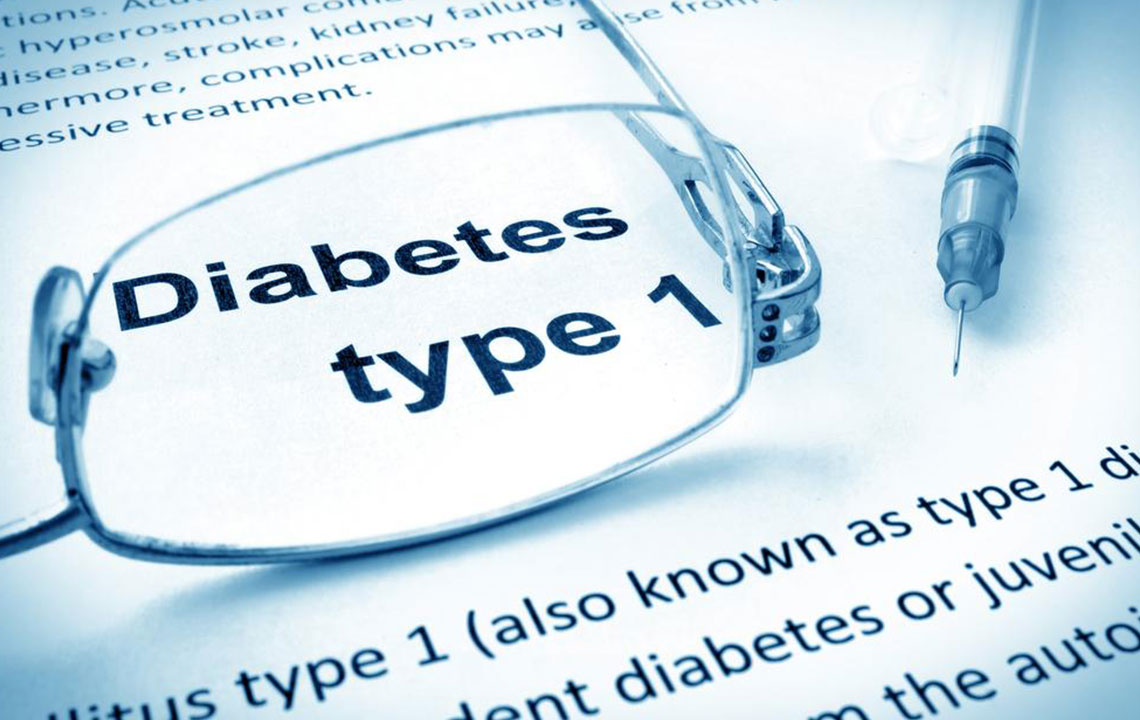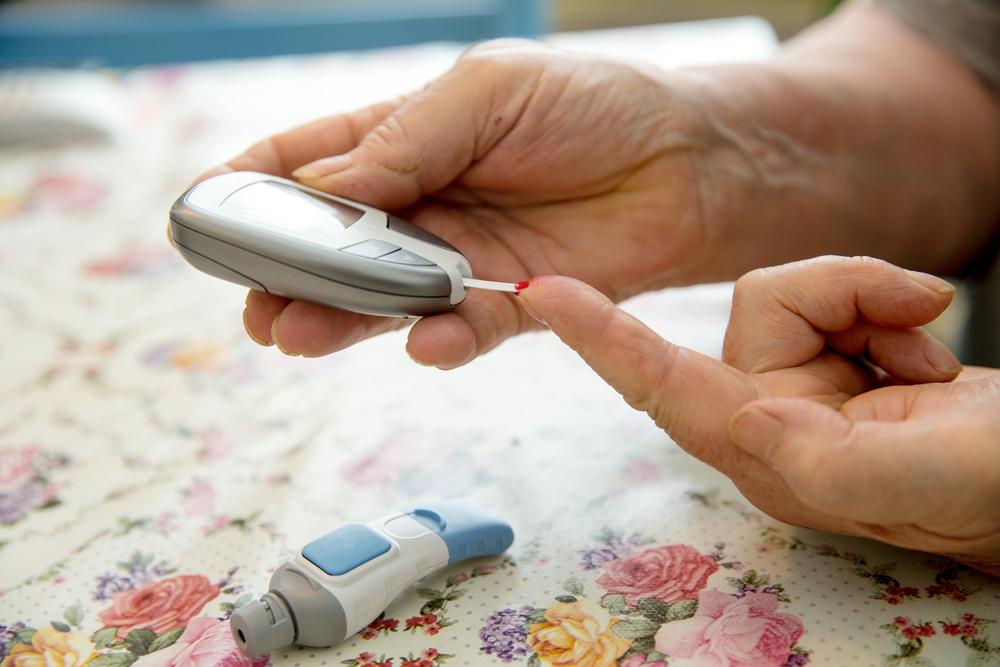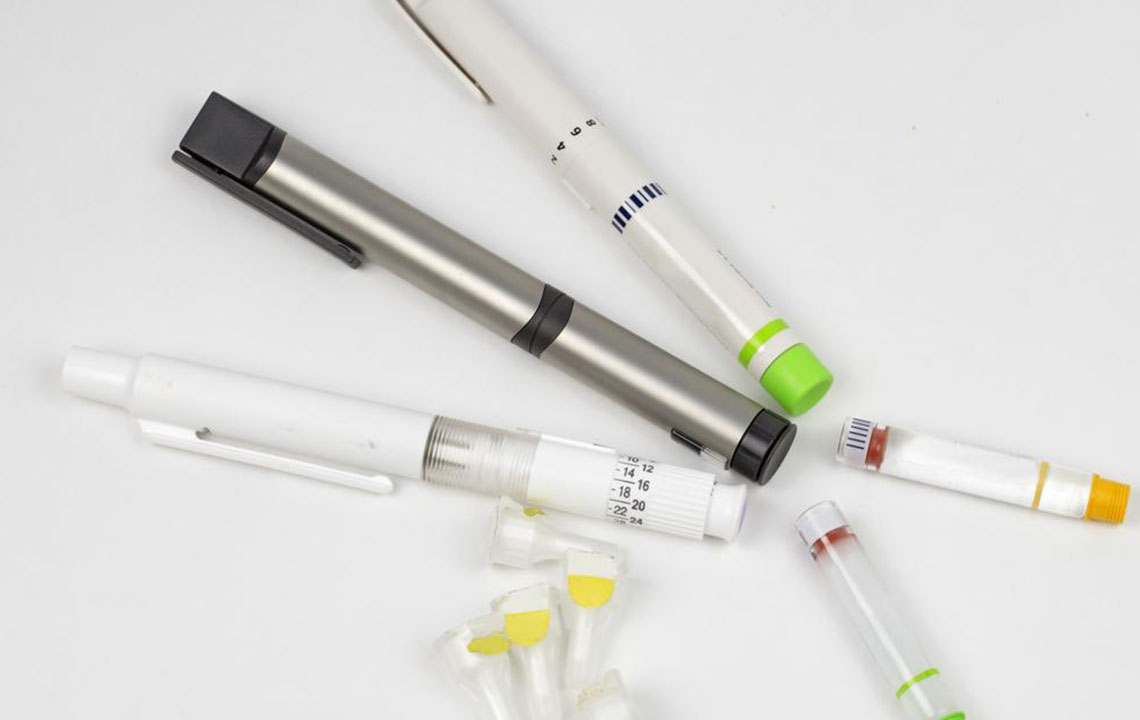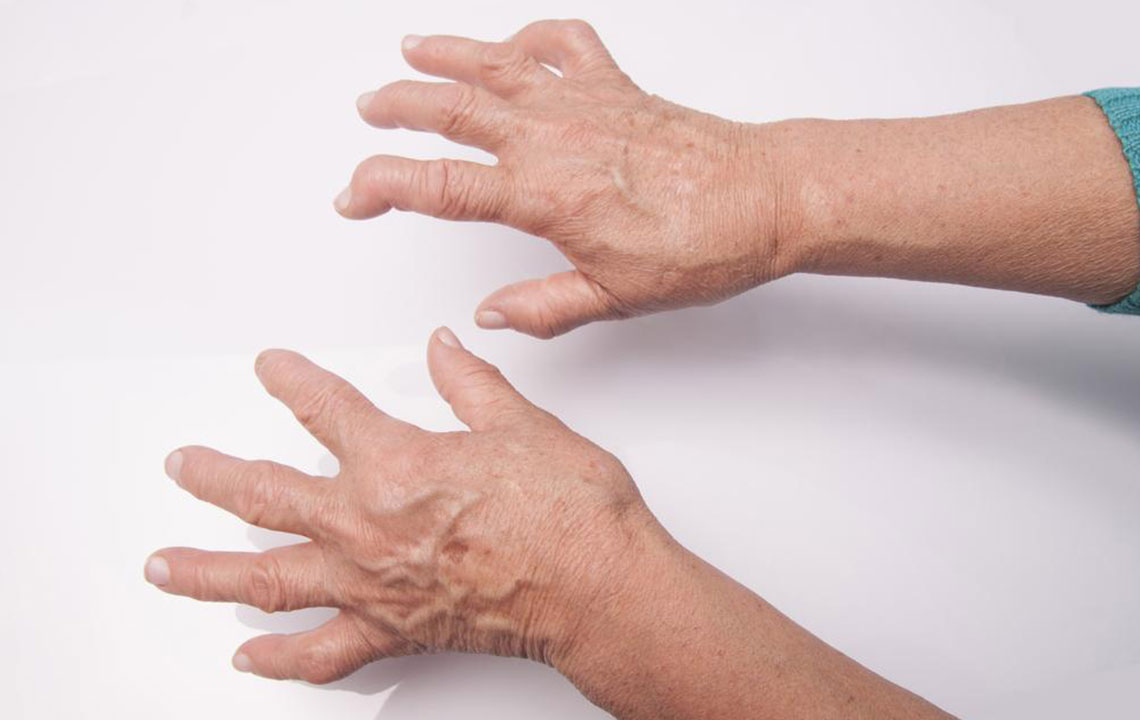Understanding Type 1 Diabetes: Causes, Symptoms, and Management
This article explains the causes, symptoms, and management of type 1 diabetes. It highlights the importance of insulin therapy, lifestyle changes, and regular monitoring to prevent complications such as retinopathy, nephropathy, and circulatory issues. Understanding these aspects can help individuals lead healthier lives despite their diagnosis.
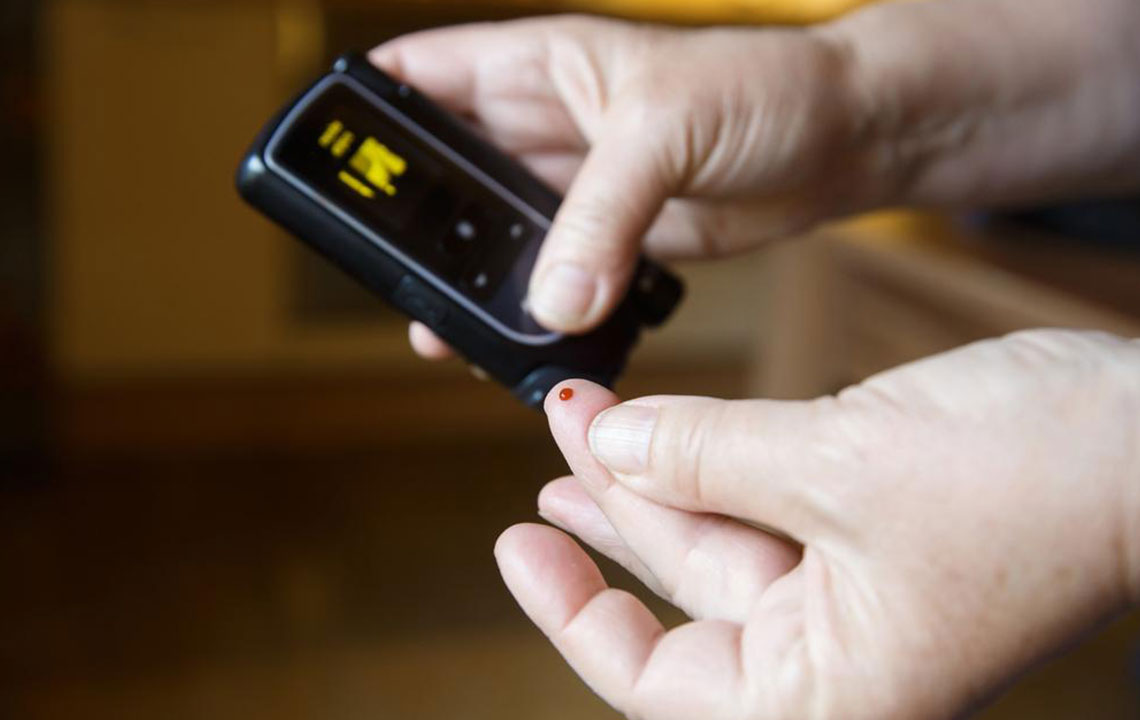
Understanding Type 1 Diabetes: Causes, Symptoms, and Management
Type 1 diabetes, often called juvenile diabetes, occurs when the pancreas produces little or no insulin. This condition results from the immune system attacking and destroying insulin-producing beta cells in the pancreas.
Insulin's Function
Insulin is a hormone that facilitates the transport of glucose into body cells for energy production. Deficiency in insulin impairs this process, leading to elevated blood sugar levels and insufficient energy supply to cells.
This phase causes glucose to accumulate in the bloodstream, depriving cells of fuel. Consequently, several health issues may arise, including:
Dehydration
Excess sugar prompts frequent urination, leading to significant water loss and dehydration.
Unintentional Weight Loss
Losing glucose via urination also results in losing calories, contributing to weight loss.
High blood sugar damages nerves and blood vessels, impacting eyes, heart, and kidneys, potentially causing artery hardening, strokes, and heart problems. Although rare, symptoms like confusion, rapid breathing, severe abdominal pain, and unconsciousness can indicate emergencies.
Causes and Risk Factors
The precise cause of type 1 diabetes remains unclear; genetics play a crucial role. It may also coincide with autoimmune conditions like vitiligo. It affects about 5% of individuals, typically diagnosed around age 20, regardless of gender.
Symptoms
Early signs are mild but can worsen: intense thirst, increased hunger, dry mouth, abdominal pain, frequent urination, unexplained weight loss, blurred vision, and skin infections. Severe symptoms include confusion, trembling, rapid breathing, and in rare cases, loss of consciousness.
Diagnosis
Blood tests measuring glucose and urine tests for glucose presence aid diagnosis. Currently, there is no cure, but management is key.
Management and Lifestyle Adjustments
People with type 1 diabetes can lead long, healthy lives by monitoring blood sugar levels regularly. Insulin injections are essential for controlling blood glucose. Insulin’s action involves three phases: onset (before it lowers blood sugar), peak (maximum effect), and duration (effect persistence).
Exercise is a vital part of managing the condition. Balancing insulin, diet, and physical activity helps maintain stable blood sugar levels. Consulting a dietitian is recommended to optimize lifestyle modifications.
Potential Complications
If uncontrolled, type 1 diabetes can lead to:
Retinopathy
Eye complications affecting around 80% of individuals with over 15 years of duration. Monitoring blood sugar, pressure, and cholesterol minimizes risk.
Kidney Damage
About 20-30% develop nephropathy 15-25 years post-diagnosis, potentially leading to renal failure or heart disease.
Poor Circulatory Health
Untreated diabetes can impair blood flow, causing further health issues.

